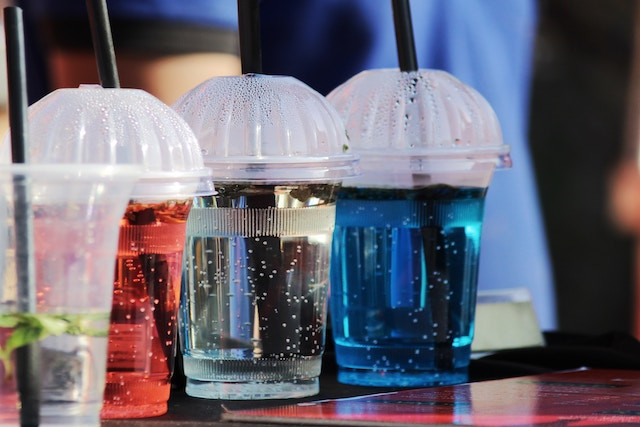Voted in the European Parliament on Wednesday, the raft of measures proposed by the European Commission will target the top 10 single-use plastic products which litter European beaches.
The list of single-use plastics to be banned includes straws, cotton swabs, plastic plates and cutlery, plastic coffee stirrers and plastic balloon holders.
The consumption for other items, for which no alternatives exist, will have to be reduced by at least 25% by 2025. These include single-use burger boxes, sandwich boxes or food containers for fruits, vegetables, desserts or ice creams.
Tobacco products also form part of the scope, since a single cigarette butt can pollute between 500 and 1,000 litres of water take up to 12 years to disintegrate.
Among the guidelines for implementing infrastructure to assist the measures, member states are urged to use a deposit refund scheme on plastic bottles to ensure 90% of single-use plastic bottles are collected by 2025.
And lost or abandoned fishing gear, which makes up over a quarter of waste on Europe’s beaches, must also be collected with a goal of 50% by 2025.
Producers are expected to cover the cost of waste collection for tobacco products and fishing gear.
Why is it necessary?
According to the European Commission, single-use plastics make up 70% of marine litter. Because of its slow decomposition rate, it poses a serious threat to birds, fish and other marine animals which try to eat it or become caught in it. It also impacts tourism, fisheries and shipping.
Closer to home, microplastics, created when larger plastic debris degrades, have entered the human food chain.
What’s the deal in Luxembourg?
In recent years, Luxembourg has seen a sea change in consciousness, shifting towards recycling-friendly initiatives and lobbying against plastic waste through various public petitions. It has a national consumer recycling system operated by Valorlux, which collects and sorts 14,000 tonnes of household waste each year.
At the same time, the amount of rubbish households throw away remains high compared to other EU members. In 2016, the average person in Luxembourg binned 614 kilos per year, well over the EU average of 480 kilos. Of the 2016 figure, a third was incinerated, 29% was recycled, a fifth composted and the remainder went into landfill.
